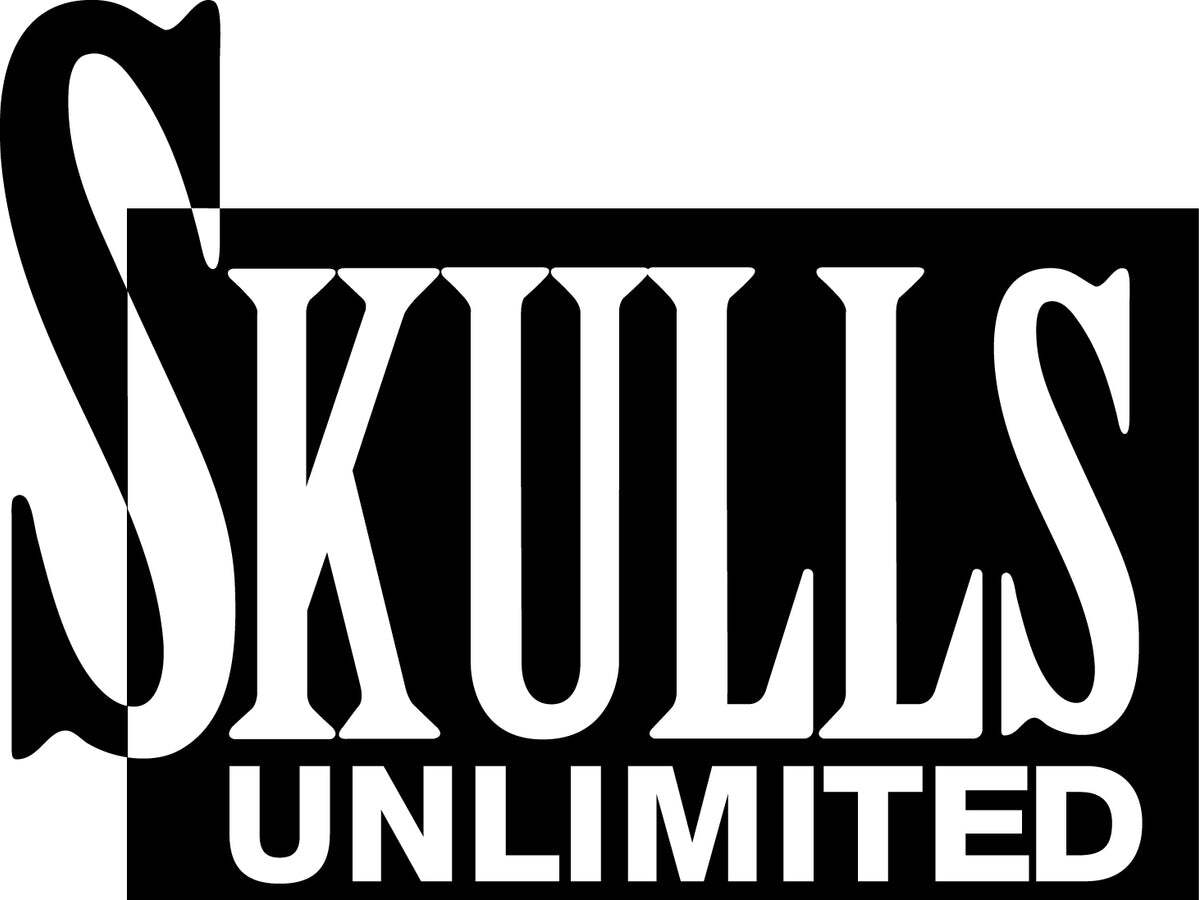No, I don’t want to buy one. This came out of a discussion about my brother, who is so much weirder than me if you can believe it, who owns a real human skull.
I don’t know how he got it. I don’t know where he got it from, maybe this company, more importantly, I don’t know why he would want such a thing. He is not a scientist, he works in IT. He did get an MFA in theater, wanted to be a professional theater director and loves Shakespeare, I can’t believe the reason was because he wanted Hamlet to be super authentic.
We’re not all that close, so it really hasn’t come up in conversation. I only know about it because he posted elsewhere a while back that he was on a Zoom meeting at work and he showed it off and couldn’t understand why everyone stopped laughing and got silent. So obviously he thinks it’s cool to own it.
It used to be a person. I’m an atheist and I don’t believe in an afterlife, but that’s just basic disrespect.
Anyway… how can you ethically source a skull and then sell it on the open market?



Answer: They don’t.
The majority of these skulls are from people who donated their body to science. But instead of going to science, it goes to companies like this one that sell them. Legal, yes. Ethical, no.
Source that “most” are like this?
Or any
Doesn’t matter. Onus is on them to prove its ethically sourced and they fail miserably at that.
Nowhere on their website does it detail they have any sort of processes to ensure the skulls are sourced ethically. It doesn’t seem like any skulls are traceable or that any consent was given for the skulls to be sold commercially.
In fact this statement from their president seems to indicate what OP is saying is accurate.
How about a source for any of it
https://www.youtube.com/watch?v=Tn7egDQ9lPg